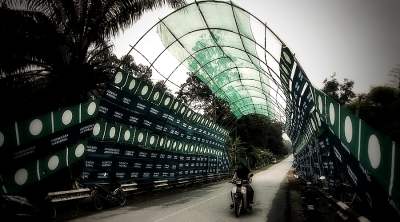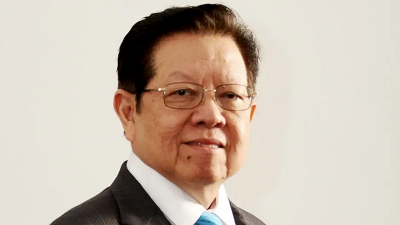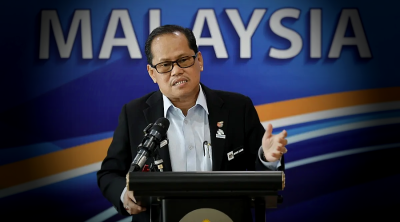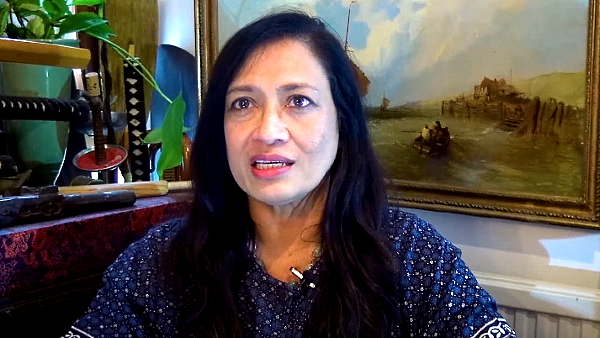
Malaysians have been promised reforms, and they want these reforms to be implemented sooner, rather than later.
They won’t be content that in five or sixty years’ time, our politicians will still be talking about them, but have yet to make an initial start on the reforms.
Malaysians acknowledge that reforms need time to resolve the country’s many woes, but they are desperate to know when work will commence?
It is evident that desperate change must take place in Malaysia, or else the nation will be further carved into many pieces; the conservative Muslim states, the more moderate states where multiculturalism is still evident, and the relatively harmonious East Malaysian states of Sabah and Sarawak.
In June 2023, Prime Minister Datuk Seri Anwar Ibrahim warned that Malaysia would not survive if its citizens refuse to adopt reforms and change.
Did the Malaysian electorate in those states heed Anwar’s warning? No!
Despite the endless ceramahs and “meet-and-greet-the-PM sessions,” Anwar’s Unity Government failed to convincingly win over Malay hearts and minds in the six state elections last Saturday.
Revealing that his administration was desperate and insecure, bully boy tactics were shamefully employed in the run-up to the elections.
These served to remind us of the thuggish Umno-Baru/BN tactics used in previous general elections.
Minister of Communications Fahmi Fadzil threatened Malaysians and warned them that they were being monitored and risked the police knocking on their doors.
It was open season for politicians taking legal actions against their critics, including other politicians.
Police reports were also lodged against Malaysians for being too vocal, and some websites were blocked.
Recalcitrant politicians like the Kedah Menteri Besar continued to provoke the electorate with his incendiary remarks, but he escaped punishment.
In addition, bloggers, writers and columnists were under heavy scrutiny, and had to self-censor or face prosecution.
In trying to appeal to the Malay electorate, millions of ringgits were spent ferrying Anwar and his entourage on many campaign visits, crisscrossing the northern states to canvass for votes.
We understand that reforms need time to resolve the country’s many woes, but we are desperate to know when work will actually commence?
Despite all that Anwar and his cabinet had set out to do, the outcome of the elections was disappointing as the status quo was maintained.
However, this has given Anwar the breathing space he needs before the 16th general election.
All is not well in Putrajaya. On the surface, the elections may have been about the governance of the six states, but it was actually a test of Anwar’s leadership, the acceptance by the rakyat of his Madani administration, and more importantly it questioned the long-term prospects of Umno-Baru, the party.
Crucially, Umno-Baru’s political future is under serious review, the effectiveness of Zahid Hamidi as the Umno-Baru president is being scrutinized, and everyone is wary about the forces from within and outside Umno-Baru trying to engineer a breakaway of Umno-Baru from the coalition.
This will incapacitate the already fragile Unity Government.
Many of Anwar’s admirers became unwilling hypocrites or had to live in denial. They supported him for his anti-corruption stance, but were inadvertently forced to accept the allegedly corrupt Zahid Hamidi as deputy prime minister, appeared as if Anwar was rewarding their loyalty with an insult.
The spin from Anwar’s coalition partners was that victory had been achieved.
Victory at what cost? In actual fact, Pakatan Harapan had failed.
The coalition knew that they could depend on the support of non-Malays because the fear of the Green Wave had been drummed into them.
Hence, the Malay vote was crucial; but despite the rhetoric, and even more promises to defend the Malays and uphold Islam, and more money pumped into Islamic institutions, Pakatan Harapan failed to live up to its expectations.
Umno-Baru fared worse, as it was rejected by Umno-Baru grassroots supporters and other Malays.
The irony is that for decades Umno-Baru has told the Malays that only Umno-Baru could save them and defend Islam.
By August 2023, it has become evident that the Malays have little faith in Umno-Baru.
Zahid Hamidi was unable to inspire the electorate. How could he?
Umno-Baru/BN was responsible for many of the race-based affirmative policies which destroyed the competitiveness of the Malays and reduced them to a community cherishing handouts over hard work.
Only Malay elites and political cronies have benefited from the NEP. So when will Anwar slowly disband these ineffective race-based policies?
When he was in Umno-Baru in the 1980s and 1990s, Anwar was instrumental in implementing some race-based policies.
Today, he may claim to want an equal society which is needs-based as opposed to race-based, but sometimes he does things contrary to what he wants us to believe.
He may claim that he dreams of a multicultural Malaysia, but he keeps touting the Islamic line; Jakim will help formulate national policies, Islamic institutions have received additional funding, civil servants have been amply rewarded whilst their cousins in the private sector can only look on in envy.
Others wonder if the Islamic agenda of Anwar’s youth is being slowly introduced by stealth today. Will the real Anwar step forward?
What is his vision for Malaysia?
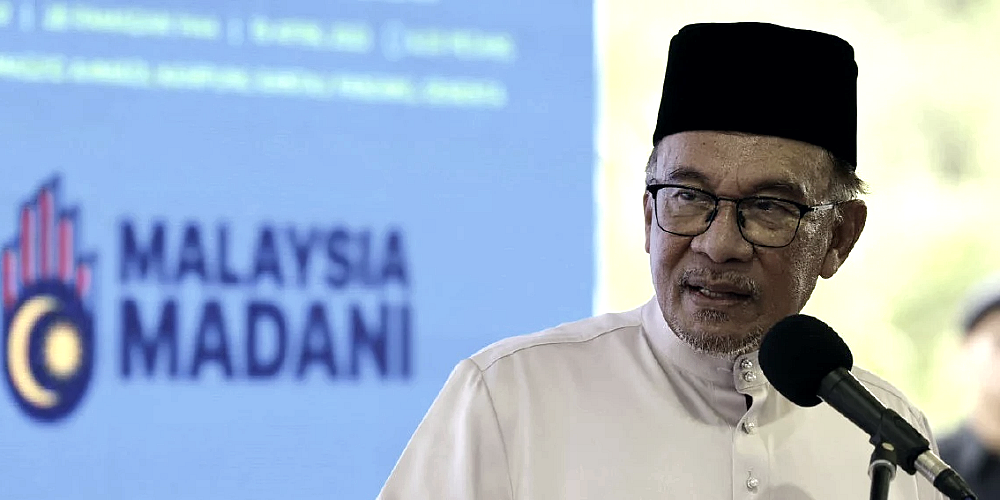
(Mariam Mokhtar is a Freelance Writer.)
ADVERTISEMENT
ADVERTISEMENT







